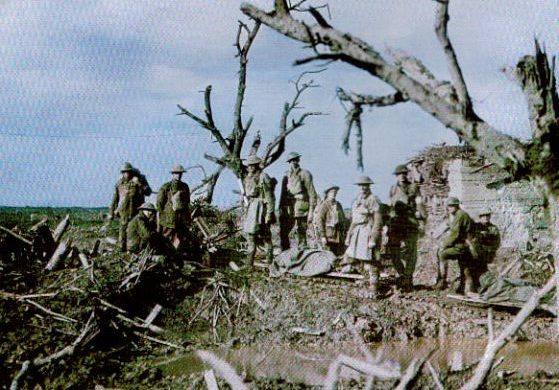Bob Dreyfuss in Beware The NIE TomPaine.com 09/26/06 makes an important point about the current hoopla over the still-classified National Intelligence Estimate (NIE) called "Trends in Global Terrorism: Implications for the United States." According to news reports, it says that the Iraq War has increased the danger of terrorism to Americans, an interpretation which the Cheney-Bush administration deny.
He reminds us that even the press reports didn't quote the document directly. So we still don't have a good idea of what it says. (During the day today, the White House released selected excerpts.) Plus, the NIE has been in preparation since 2004, and NIE's can show considerable political influence.
His main point though, is this:
In their eagerness to knock down Bush’s war in Iraq by using reports about the NIE, the Democrats risk giving another boost to the president in the “other” war, namely, the so-called war on terrorism. By embracing the NIE’s reported conclusion that the war in Iraq has made the threat of terrorism worse, the Democrats play into Bush’s strong suit. While most Americans think that the war in Iraq is wrong and not worth fighting, polls continue to show that support for President Bush as the commander in chief of the Global War on Terror. Ironically, by endorsing the idea that radical Islamist terrorism is a major threat to the United States, the Democrats could end up driving U.S. voters into the arms of the president once again.

Dreyfuss argues that, while it's clear even without the classified NIE that the Iraq War has damaged American interests in various ways, including making the Middle East a less friendly place for the US, we should be careful not to equate hostility to "terrorism":
My own discussions with top, former U.S. intelligence and counterterrorism officials do indeed reflect an understanding in the intelligence community that the war in Iraq has inflamed radicalism in the Muslim world. Indeed, that has been widely understood for more than three years, and many of these same officials predicted exactly that before the war in Iraq, when they warned that the looming invasion would generate anti-American anger and bitterness.
But it is a long leap from anti-Americanism to terrorism. Arabs and Muslims seized with hatred or disdain from the United States have many options besides forming a terrorist cell. They can vote for Hamas, if they are in Palestine, and they’ve done that. They can vote for Hezbollah and join its militia, in Lebanon, and they’ve done that. They can join the anti-U.S. Sunni insurgency in Iraq, and they’ve done that. They can oppose moderate, pro-American regimes in Cairo, Amman, Riyadh, and Islamabad, and they’ve done that, too. And so on. ...
It’s a mistake, and a dangerous one, to confuse anti-Americanism with terrorism. Even states that militantly oppose U.S. policy in the Middle East, such as Iran and Syria, haven’t used terrorist proxies against us. Violent insurgencies, such as Hezbollah and Hamas - along with Islamist insurgencies in Pakistan, Kashmir, Chechnya, Algeria and the Philippines - haven’t attacked us, either. (my emphasis)
No comments:
Post a Comment